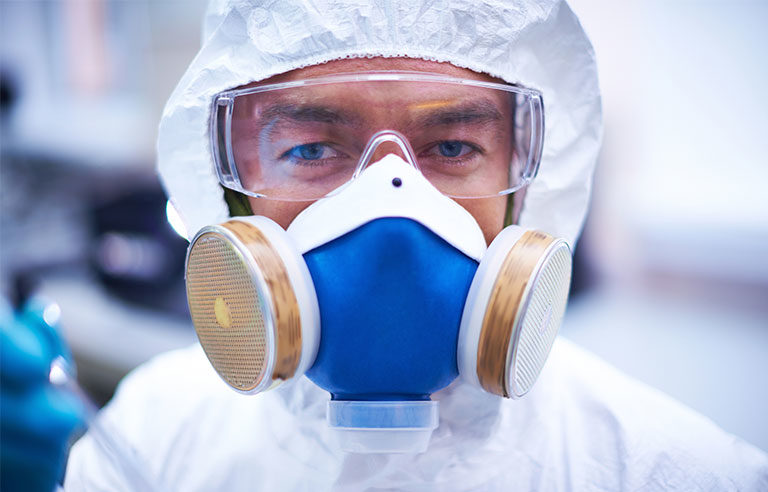NIOSH withdraws proposed rule on respirator leakage standards

Washington — NIOSH has withdrawn a notice of proposed rulemaking that would have established standards for total inward leakage of half-mask air-purifying particulate respirators.
The 2009 NPRM intended to “specify TIL minimum performance requirements and testing to be conducted by NIOSH and respirator manufacturers to demonstrate that these respirators, when selected and used correctly, provide effective respiratory protection to intended users against toxic dusts, mists, fumes, fibers, and biological and infectious aerosols (e.g. influenza A(H5N1), severe acute respiratory syndrome (SARS) coronavirus, and Mycobacterium tuberculosis).”
According to NIOSH, the public comment period produced enough evidence to convince the agency to rescind the notice. Instead, it has opted to improve the requirements “through participation in national and international consensus standard development efforts,” the agency states in a withdrawal notice published in the Nov. 27 Federal Register.
The comment period included input from five respirator manufacturers, one manufacturer of laboratory test equipment, two labor unions, one trade organization, one state’s departments of public health and occupational safety and health, three consulting firms and three private individuals who work in the respiratory protection field.
Among the stakeholder input submitted:
- Approval decision outcomes could range significantly depending on the human subject panels that would be made up according to the proposed test protocol.
- The proposed approval requirements might not enhance the performance of NIOSH-approved respirators on the market and could remove well-performing respirators.
- The cost of executing inward leakage testing using the protocol proposed by NIOSH could be prohibitive enough to outweigh any benefits.
Post a comment to this article
Safety+Health welcomes comments that promote respectful dialogue. Please stay on topic. Comments that contain personal attacks, profanity or abusive language – or those aggressively promoting products or services – will be removed. We reserve the right to determine which comments violate our comment policy. (Anonymous comments are welcome; merely skip the “name” field in the comment box. An email address is required but will not be included with your comment.)

